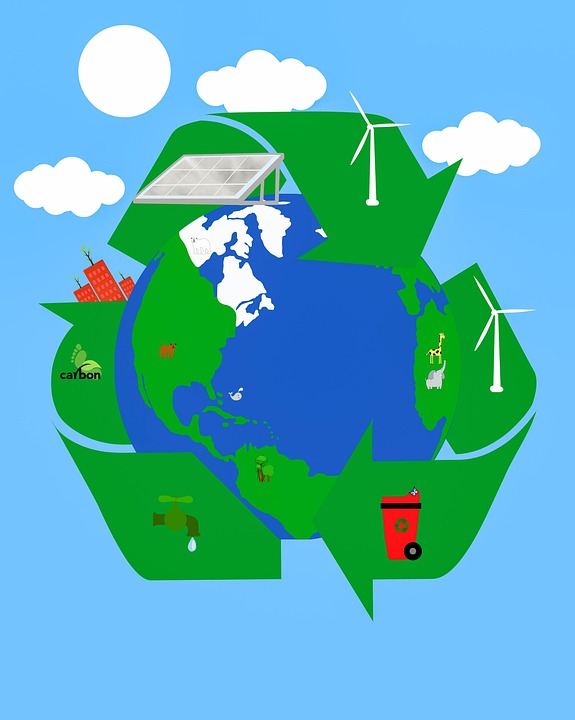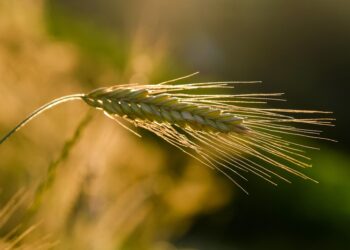Harvesting Hope: The Future of Sustainable Livestock Farming
As concerns about climate change and environmental sustainability continue to grow, the future of livestock farming is at a crossroads. Many people are becoming more conscious of the impact that animal agriculture has on the planet, and are seeking alternatives that are both environmentally friendly and economically viable. In this article, we will explore the concept of sustainable livestock farming, its benefits, challenges, and the potential for a brighter future for both animals and the planet.
What is Sustainable Livestock Farming?
Sustainable livestock farming is a holistic approach to raising animals for food that takes into account the well-being of the animals, the impact on the environment, and the economic viability of the operation. This means using practices that promote animal welfare, reduce greenhouse gas emissions, conserve natural resources, and support the local community.
Some key principles of sustainable livestock farming include:
- Providing animals with access to pasture and a natural diet
- Minimizing the use of antibiotics and hormones
- Reducing waste and pollution through proper manure management
- Supporting biodiversity by preserving natural habitats
- Engaging with the local community and promoting transparency
The Benefits of Sustainable Livestock Farming
There are many benefits to adopting sustainable practices in livestock farming. Not only does it help to protect the environment and promote animal welfare, but it can also lead to healthier and more nutritious food for consumers. Here are some of the key benefits of sustainable livestock farming:
- Reduced greenhouse gas emissions: By using practices that reduce methane and nitrous oxide emissions, sustainable livestock farming can help to mitigate climate change.
- Improved animal welfare: Giving animals access to pasture and a natural diet can improve their quality of life and reduce stress.
- Healthier food: Animals raised in sustainable systems are often healthier and produce meat, milk, and eggs that are higher in nutrients and free from harmful chemicals.
- Support for local communities: Sustainable livestock farming can create jobs, support local economies, and strengthen community ties.
Challenges of Sustainable Livestock Farming
While there are many benefits to sustainable livestock farming, there are also challenges that must be overcome in order to make it a widespread practice. Some of the main challenges include:
- Cost: Transitioning to sustainable practices can be expensive, requiring investments in new infrastructure and equipment.
- Market demand: Consumers may be hesitant to pay a premium for sustainably raised products, making it difficult for farmers to recoup their costs.
- Regulatory barriers: Some government regulations may hinder the adoption of sustainable practices, making it harder for farmers to implement changes.
- Education and training: Farmers may lack the knowledge and skills needed to transition to sustainable practices, requiring support and resources to help them make the switch.
The Future of Sustainable Livestock Farming
Despite these challenges, the future of sustainable livestock farming looks promising. As more consumers become aware of the environmental and ethical implications of their food choices, demand for sustainably raised products is likely to increase. This presents an opportunity for farmers to differentiate themselves in the market and capture a growing segment of conscientious consumers.
Advances in technology and research are also helping to overcome some of the barriers to sustainable livestock farming. Innovations in feed efficiency, genetic selection, and waste management are making it easier for farmers to reduce their environmental footprint and improve the welfare of their animals.
Collaboration and partnerships between farmers, researchers, government agencies, and non-profit organizations are also key to the success of sustainable livestock farming. By working together to share knowledge and resources, stakeholders can develop best practices, overcome challenges, and create a more sustainable food system for future generations.
Conclusion
In conclusion, the future of sustainable livestock farming holds great promise for both animals and the planet. By adopting practices that promote animal welfare, reduce environmental impact, and support local communities, farmers can create a more sustainable and ethical food system that benefits everyone. While there are challenges to overcome, the benefits of sustainable livestock farming far outweigh the costs. With continued support and innovation, we can harvest hope for a brighter future for all.
For more information on sustainable livestock farming, visit our website or contact us today!












